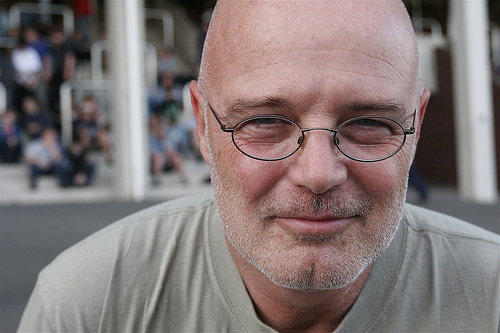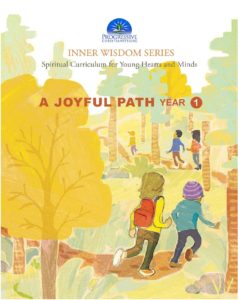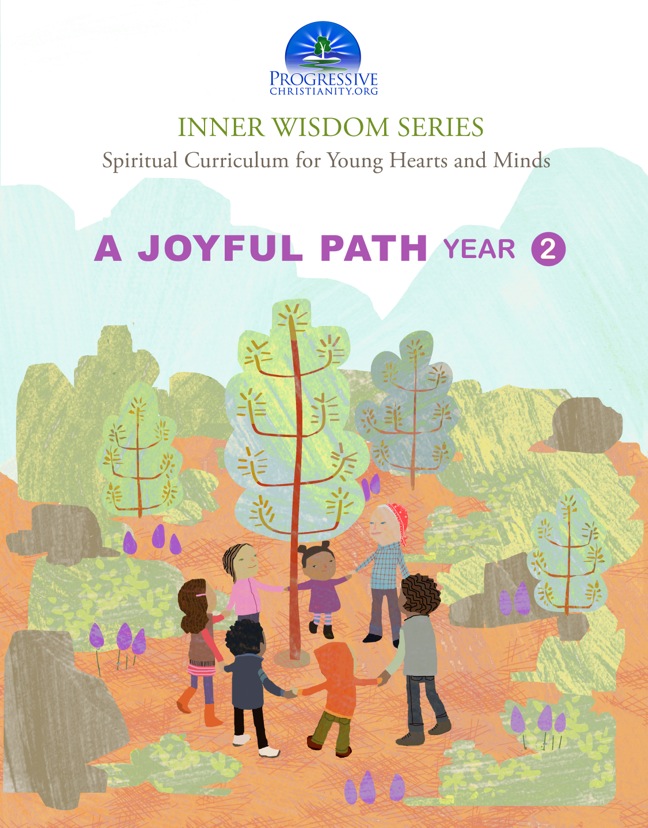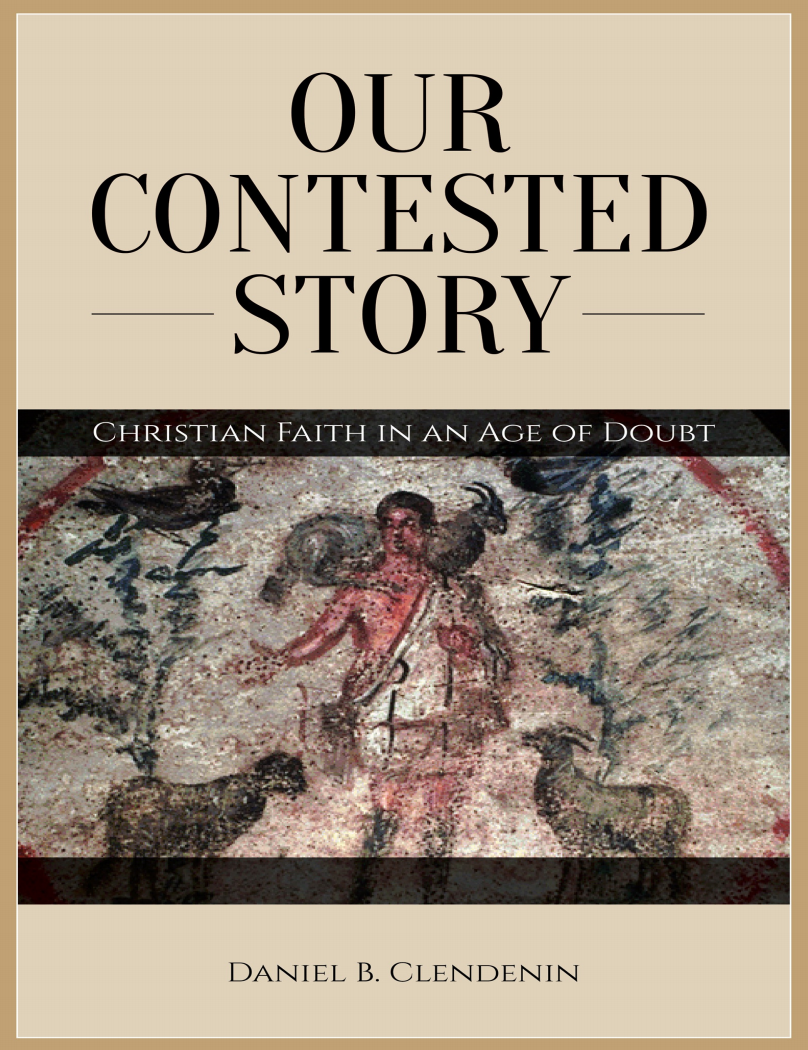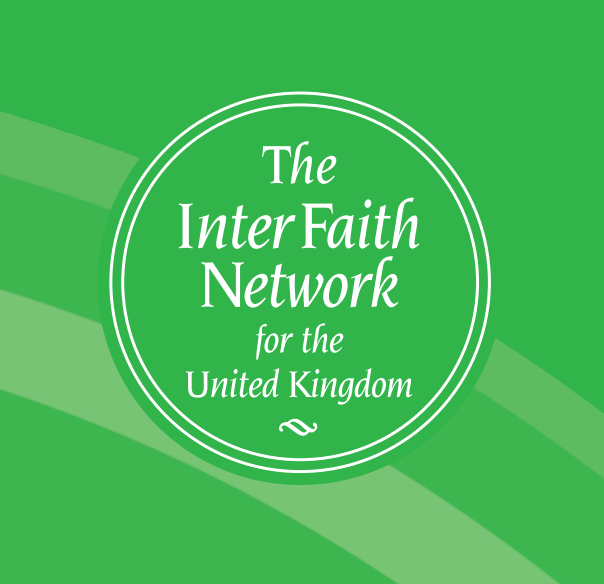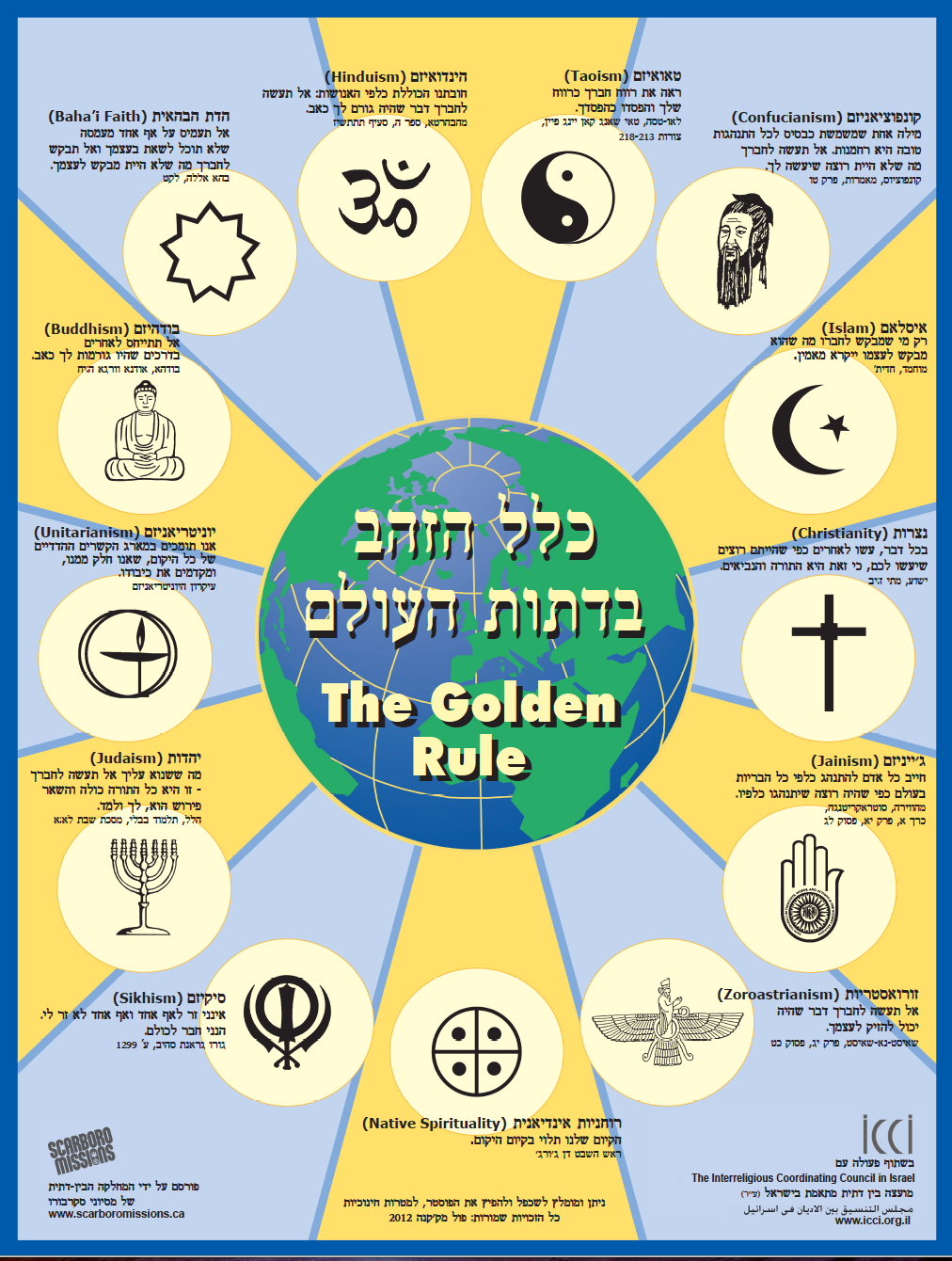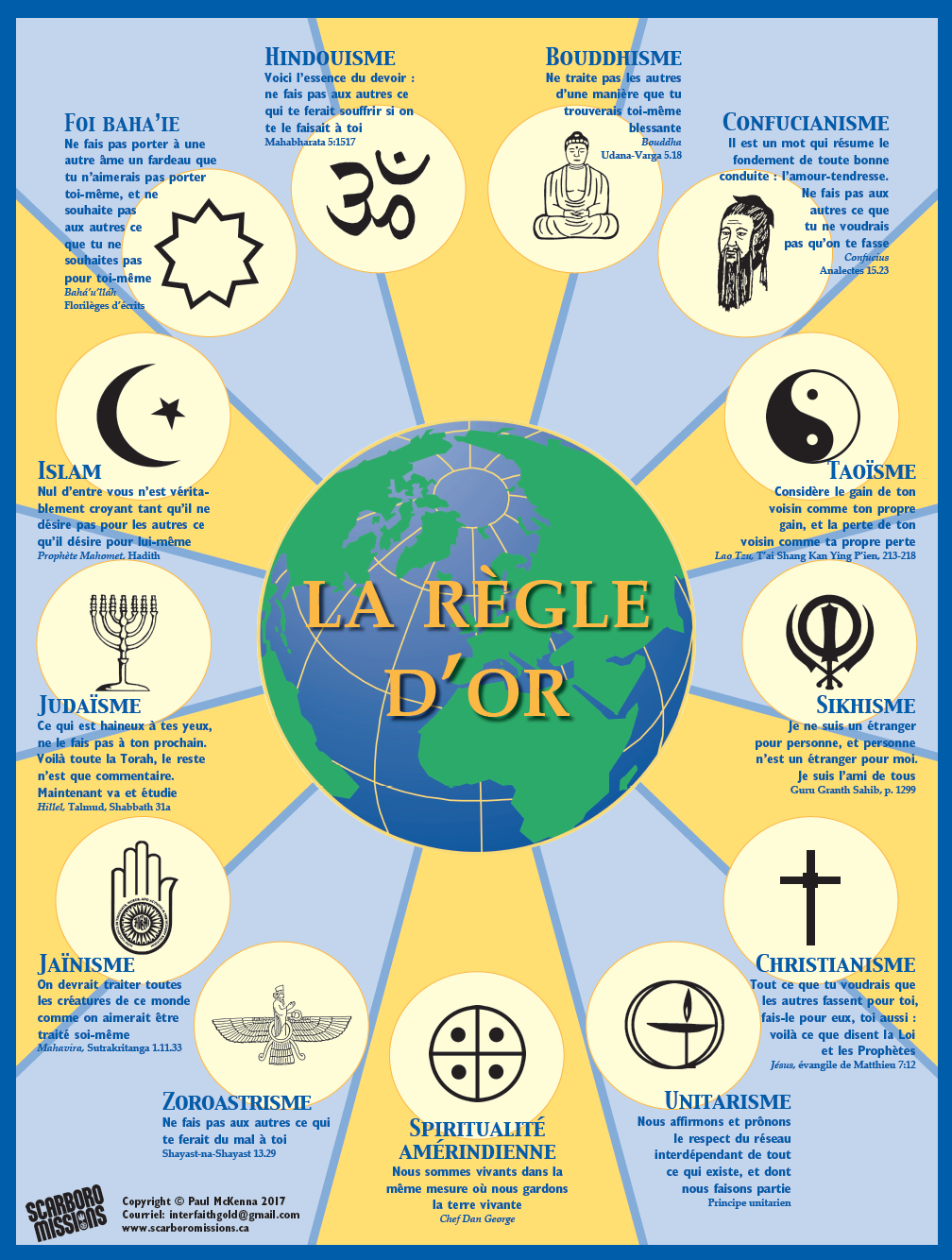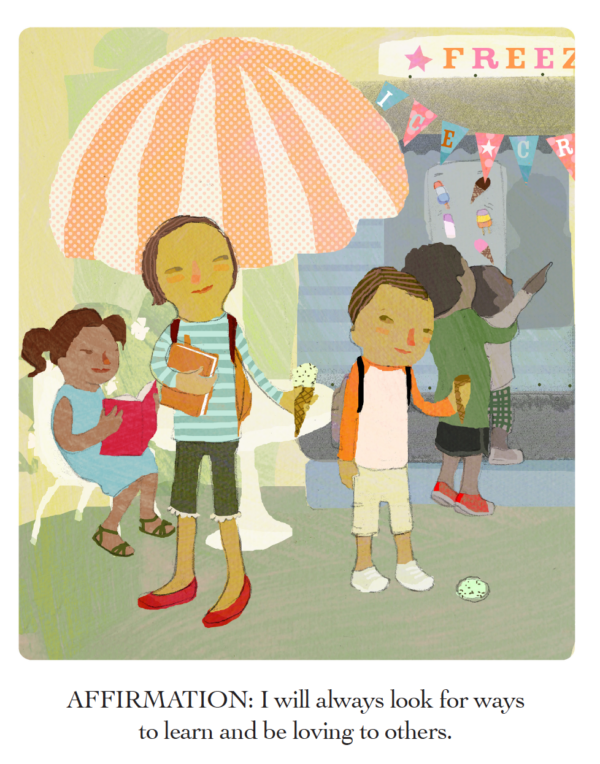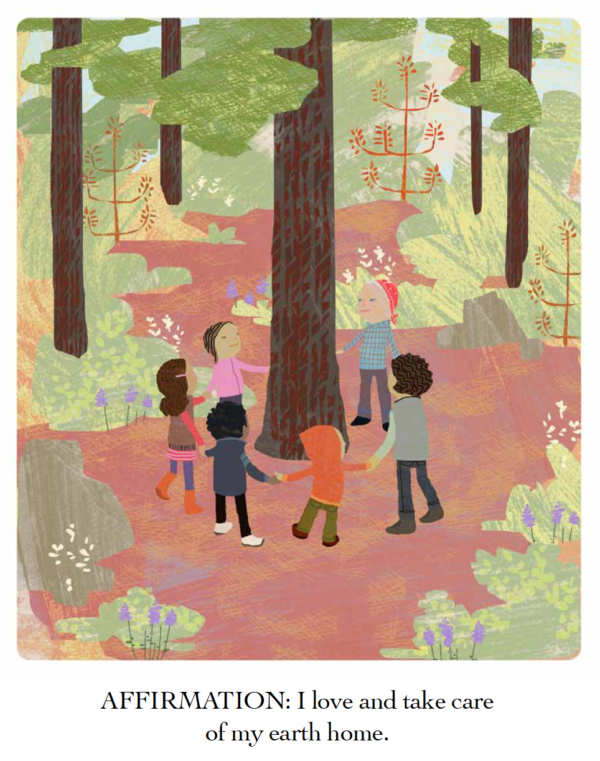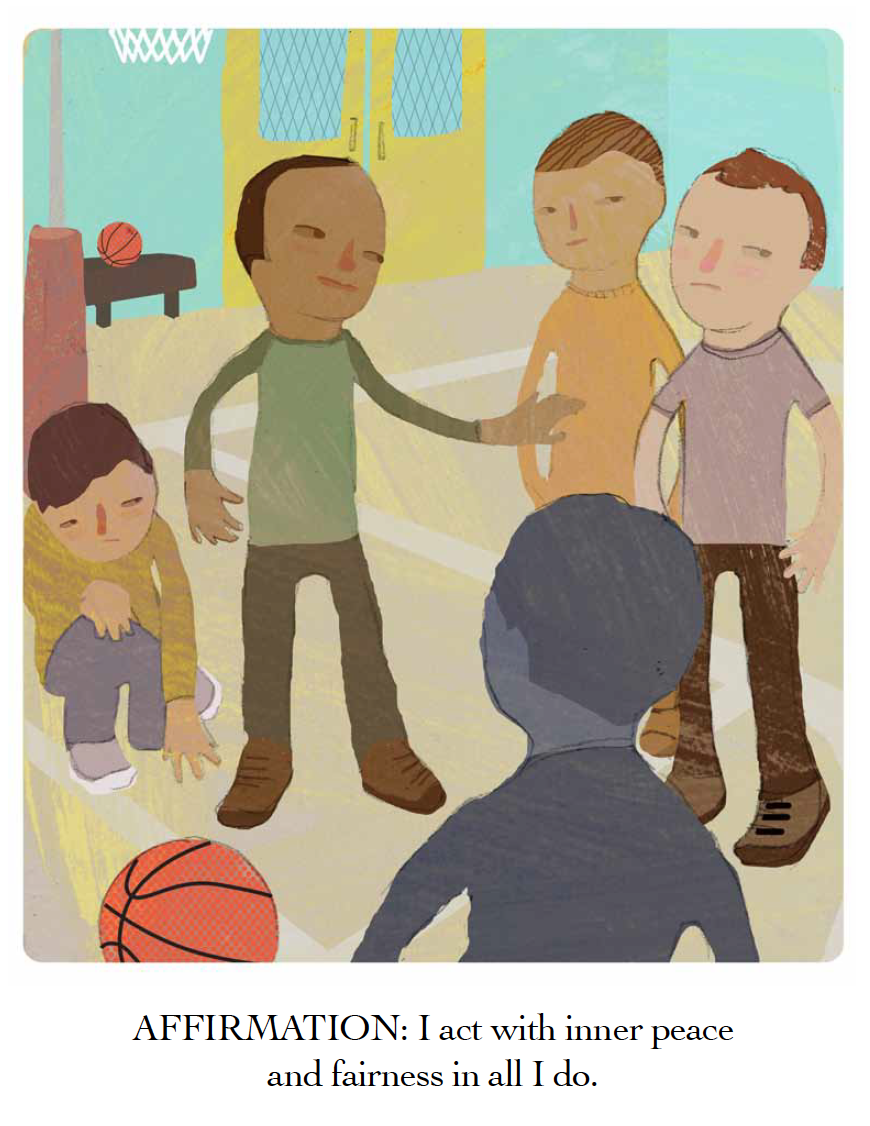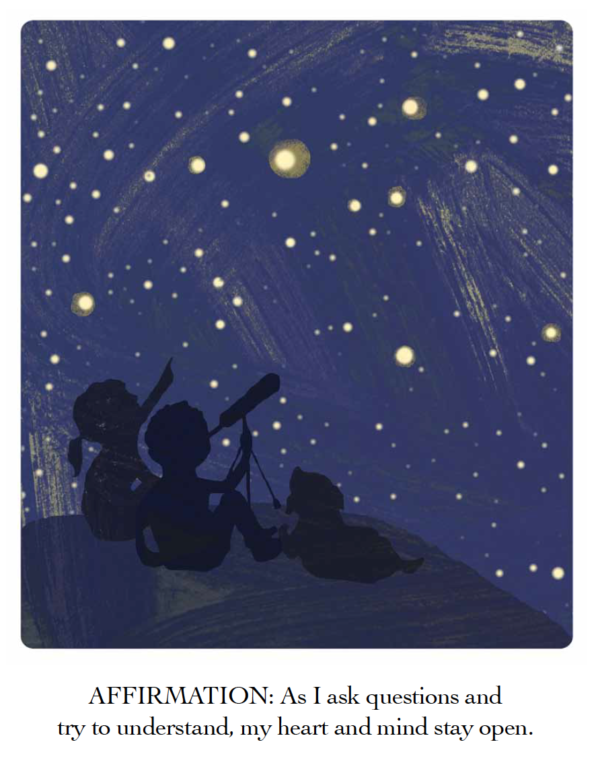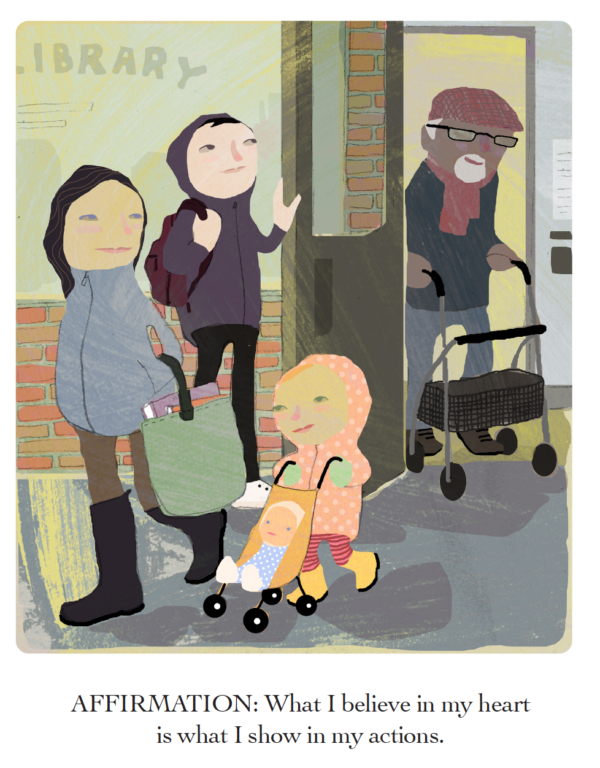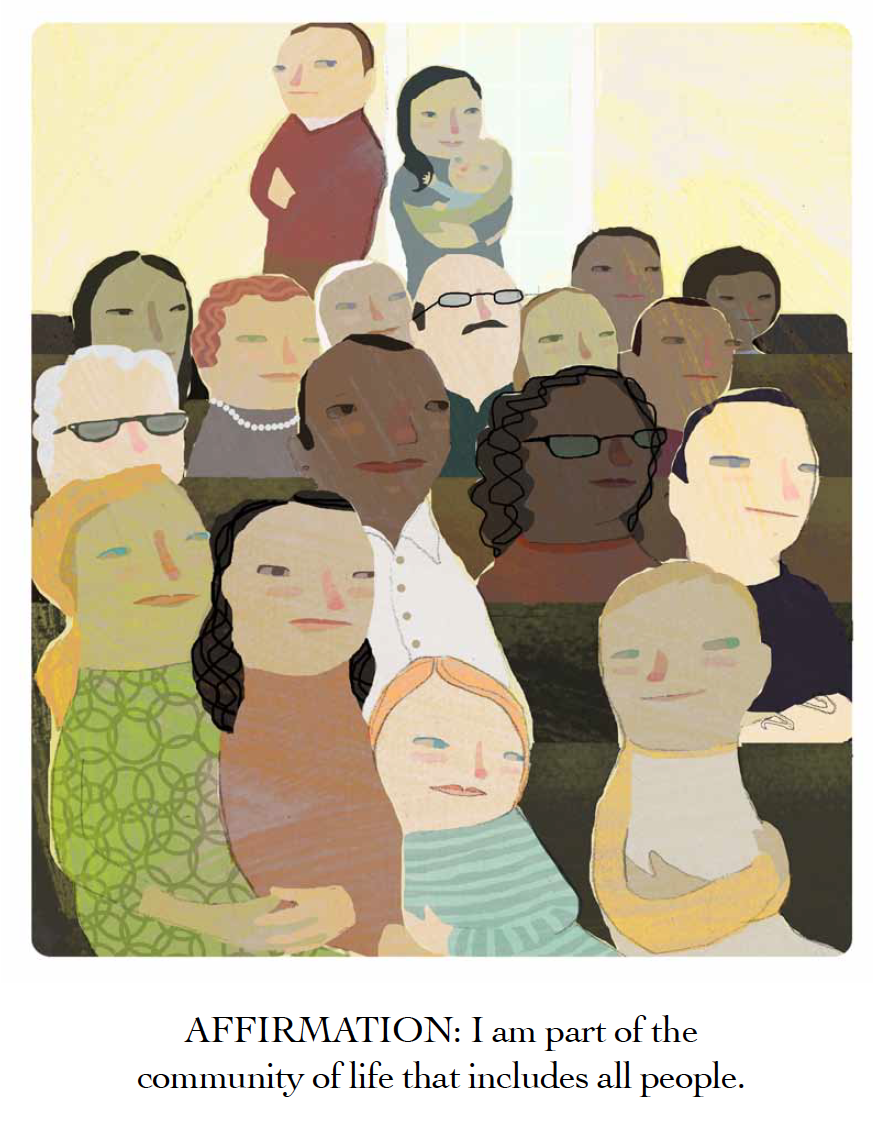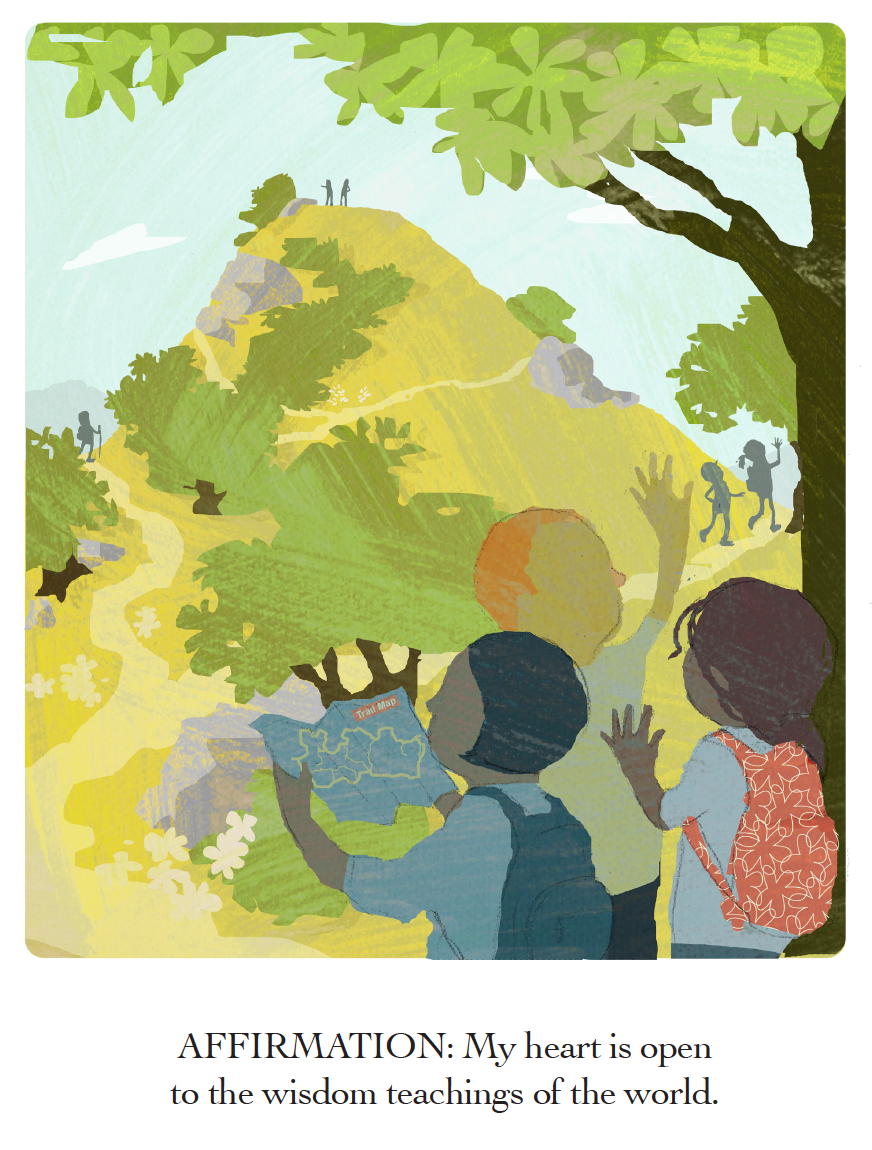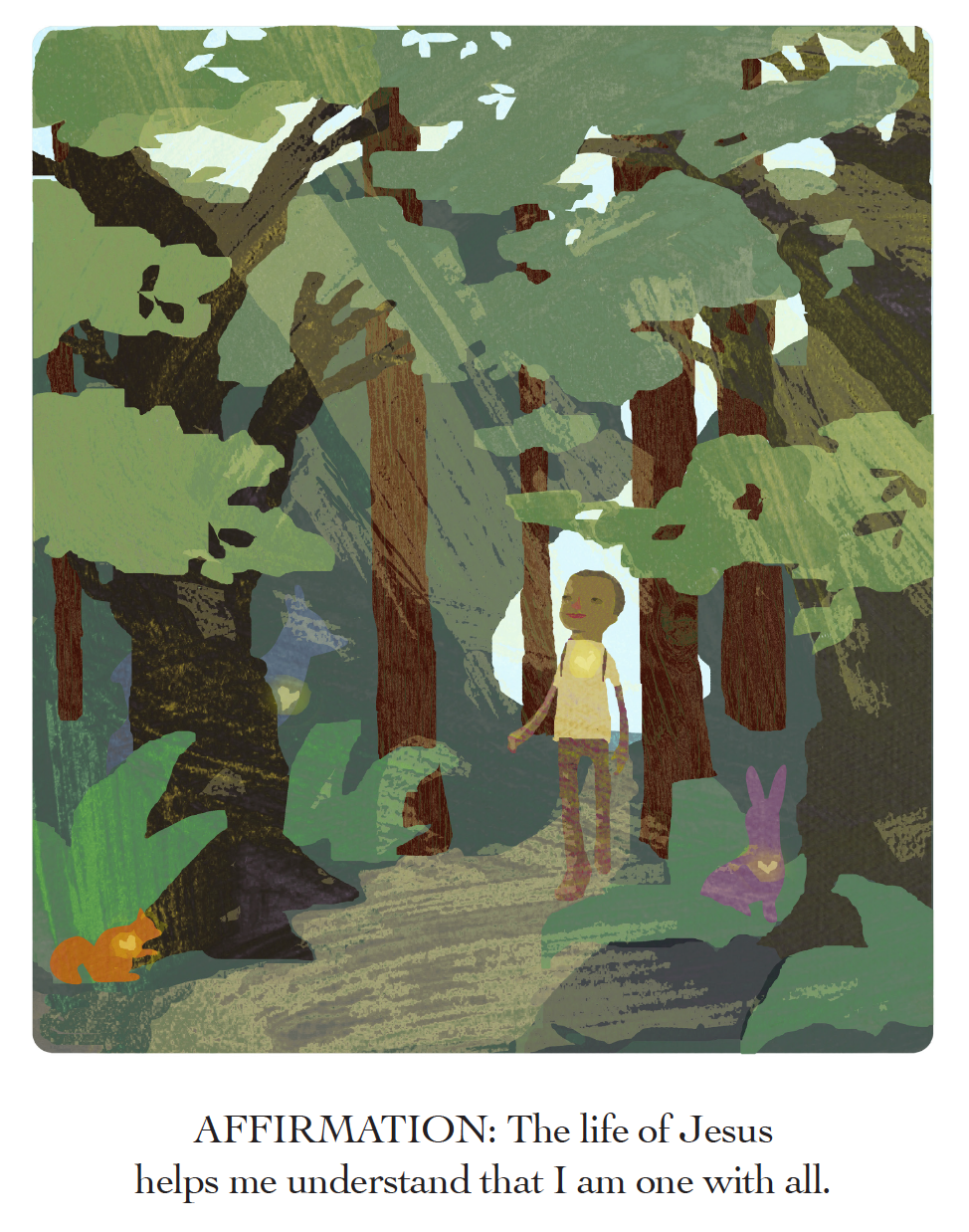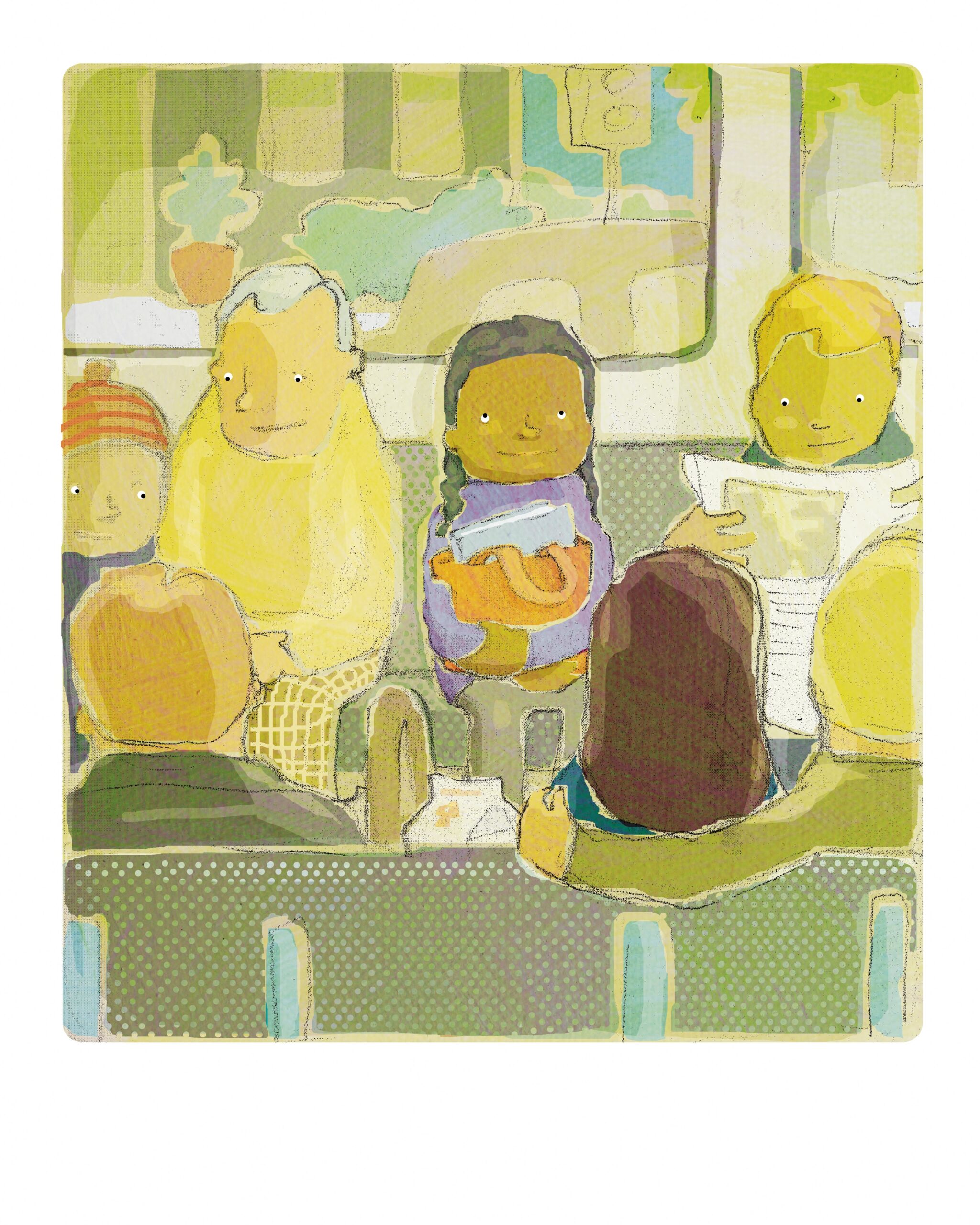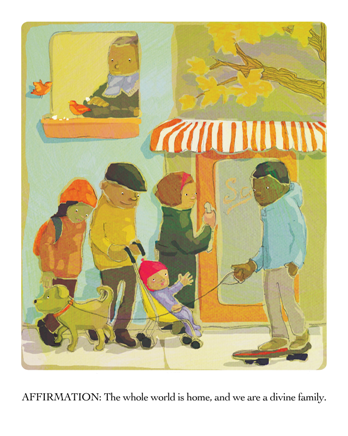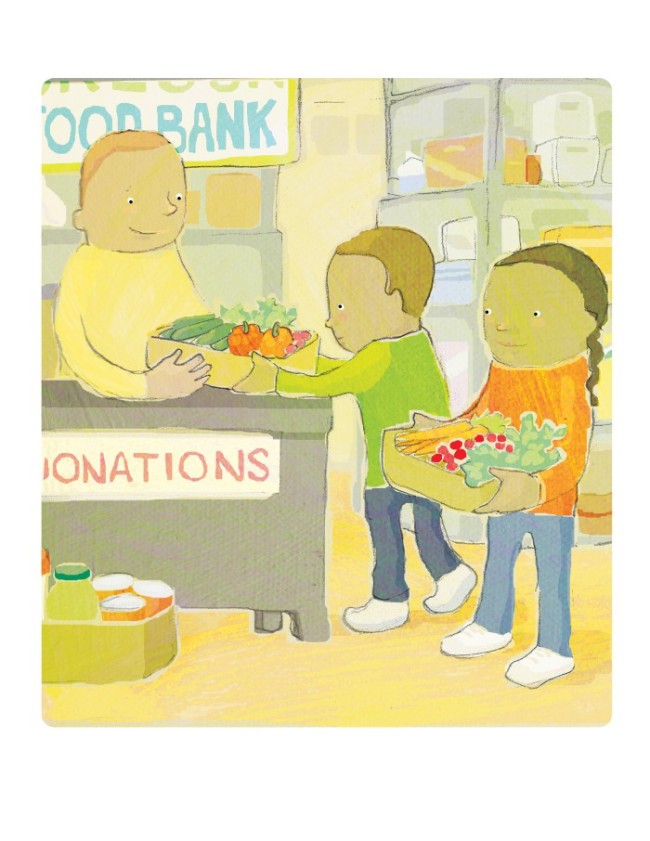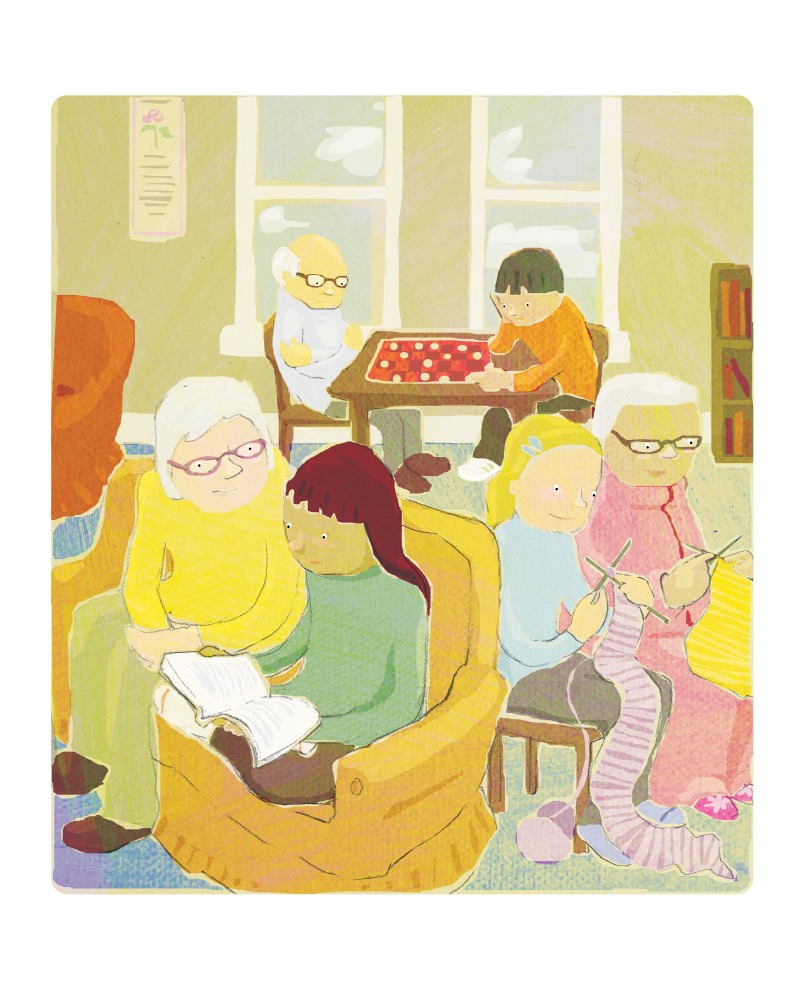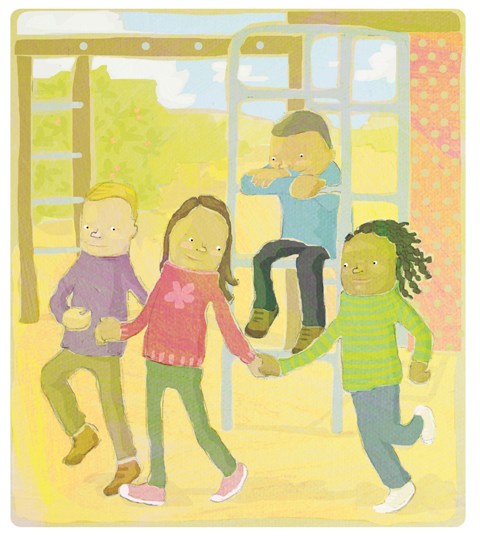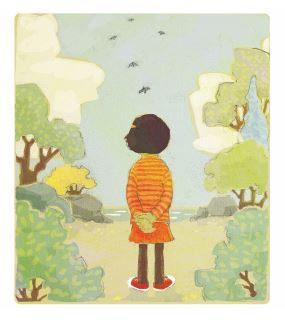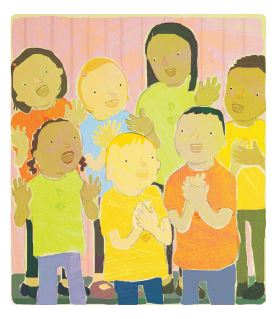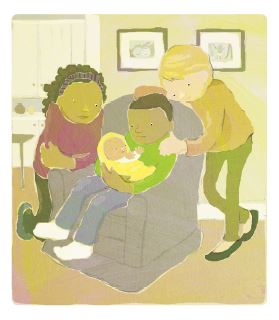If Jesus was right when he said, in his inaugural address (as found in Luke 4), that the Spirit of God’s agenda is to help the oppressed, the weak, the broken-hearted, those with (in Thurman’s words) their backs against the wall, then no wonder many people are struggling with their religious identity.
On Fraternity and Social Friendship
Fraternity and social friendship are the ways the Pontiff indicates to build a better, more just and peaceful world, with the contribution of all: people and institutions. With an emphatic confirmation of a ‘no’ to war and to globalized indifference.
Created by Rev. Caleb J. Lines
It is extremely unfortunate that the coronavirus is negatively impacting so many (especially those who are elderly or living in poverty) and disrupting our day-to-day lives, however, one valuable insight that may result from this disastrous virus is congregational awareness about the necessity of technology.
For both Classroom and Home Schooling
Are you searching for a way to connect children with an authentic spiritual experience that is inter-spiritual, creative and multi-layered? A Joyful Path is truly progressive Christian curriculum that is inclusive, joy-full, compassionate, and intelligent.
In A Joyful Path, Year Two, we focus on some of the main tenets of Progressive Christianity and Spirituality, giving our children the foundation they need to walk the path of Jesus in today's world. It has stories and affirmations written to help children clarify their own personal beliefs while staying open to the wisdom of other traditions.
"Our Contested Story" is a whirlwind ride through the ancient yet contemporary conversation between Christian and secular cultures.
This handy interfaith toolkit is full of useful resources and provides a bird’s eye view of interfaith activity in the United Kingdom. Themes touched on include why dialogue?, dialogue practicalities, dialogue on difficult issues, dialogue over food, limits to dialogue and bi-lateral, tri-lateral & multi-lateral dialogue.
Fifteen of the individuals profiled here are Jewish and fifteen are Christian. The biographies feature “pioneers” who were highly active some decades ago as well those who are “contemporary voices.” You can view, download or print these biographies.
The Interreligious Coordinating Council in Israel and the Scarboro Missions Interfaith Department (Toronto, Canada) are pleased to announce the publication of a Hebrew-language poster featuring texts of the Golden Rule in 13 religions.
Produced by Scarboro Missions, this French-language multifaith poster features Golden Rule texts in 13 religions. To view or download the French poster, free of charge, click on the below image.
Reading Bishop Spong and Marcus Borg primarily, along with "Ministry Matters" and other readings, has lead me to believe if we attach the "Common Lectionary" to our Hebrew founders (as Bishop Spong has done) we have a better shot at arriving at the inner soul end point we desire. This Lectionary is based on the belief that the new fundamentals should be taught.
Most young children are born with a sense of wonder and anticipate discovery around every corner. A shiny penny or a snowflake holds a world of delight. But perhaps because our culture tends to overstimulate and excite our children, boredom begins to seep in as children get older. It’s not uncommon to hear complaints of, “I’ve seen that” or “I know that already” from children who are already closing the doors to their sense of discovery.
The best way to enjoy the planet is to get out and do something — not sit and talk about it. This lesson offers an encouraging reminder for an attitude of enjoyment and appreciation when we experience the natural world in all its forms. To enjoy means to have an inner experience of joy — to be “in joy” as our bodies and minds are engaged in activity.
Progressive Christians believe that resisting oppression or cruelty in society has always been both an obligation and an opportunity for those who follow Jesus. It is an obligation because it is a way to test our commitment to the path. It is an opportunity because putting oneself at risk on behalf of another, as a result of one’s compassion, can be one of the most direct paths to an experience of the realm of God or that absolute sense of connectedness.
This point, recognizing that we open ourselves to a constant flow of grace as we search for understanding, is inextricably linked to the eighth point in Progressive Christian beliefs: that we are committed to a lifelong path of learning. For as soon as we think we have arrived at the end point of understanding, we close ourselves to that flow of grace. Wisdom teachers of all paths describe gradual awakening or a progressive realization of understanding, marked by moments of clear inner revelation; but if we keep searching, there are ever-new octaves of clarity.
The Jesus of the scriptures was a man of action. He was someone who healed, demonstrated compassion, took a stand against injustices, loved unconditionally, and told his disciples to go and do likewise. As followers of Jesus, Progressive Christians are dedicated to treating their fellow human beings with kindness, caring, and compassion.
No matter what our family looks like outwardly, or whether our family is one of blood or one of choice, family is where we have some of the deepest connections of our hearts. Family is our first and lifelong teacher.
This group of lessons introduces children to the beliefs and rituals of five major world religions. The core value of this curriculum is that children have experiences that open their hearts and give them moments of joy and feelings of unity with nature and with others. These moments can occur through the arts and through the physical body. Therefore, most of the activities involve one or both. The intellect analyzes and distinguishes differences—valuable skills for scientific research and progress. The heart receives and feels unity. One of the goals of these lessons is that children understand that people of different religions have much in common.
In "A Joyful Path, Year Two" we focus on some of the main tenets of Progressive Christianity and Spirituality, giving our children the foundation they need to walk the path of Jesus in today's world. It has stories and affirmations written to help children clarify their own personal beliefs while staying open to the wisdom of other traditions.
Nathan Leaves Home
Remembering that God is within us and a part of everything that ever was and ever will be is one of the most important things we can do.
When we see God within ourselves and others, being kind is natural.
When we share, our awareness grows beyond our little self to a broader reality.
Through service we find love and truth in action. When we serve with love and compassion, those whom we serve become brothers and sisters, not the others.
Finding ways to be a blessing to others is the best way to avoid doing harm. The idea of non-injury or harmlessness extends beyond our actions to our words and thoughts as well. We don’t want to burden children with guilt about their thoughts, but we want to offer opportunities to infuse their hearts and minds with thoughts of blessing and peace toward others.
Deep within our hearts, we all long for an expanded sense of self. We long to feel oneness with the universe, with spirit in all things, and with the infinite spirit that created everything that is. Each time we experience a sense of connection or a hint of freedom from our ego self-definition, we become more aware of the Sacred that is always in us and around us. Jesus may have called it the “Kingdom of God.” Some scholars believe, however, that “Queendom” or “Sacred Unity” is a more accurate translation of Jesus’ words when he spoke about this realm of God which is always available to each of us. Children naturally look for how they are a part of the world around them. They notice sameness and feel oneness more readily than adults who have been gradually trained to see only differences and separation. As we grow in our awareness, we learn that there is nowhere we can go and be apart from the constant, unchanging presence of God. We are never truly separate from anyone or anything in the universe. All that we do affects the world and everyone in it, like a ripple in a pond.
There is abundant love within each of us, but even when we try to act as messengers of love in the world, we often mess up the message. Like the old game of telephone, where a message is passed along and completely mixed up by the time it reaches the end of the line, we mix up divine love with our own desires, confusions, and misunderstandings and end up hurting one another. Then we must forgive. Getting children to say the words, “I forgive you,” is not enough. True forgiveness is inward and will actually remove the hurts we have from our hearts, like pulling weeds in a beautiful garden. Forgiving is not simply a gift we give someone who has wronged us, either; it is a step in our own spiritual growth that will enable our hearts to blossom as intended.
When we exclude others, we refuse to relate to realities different than our own, and we keep our experience defined in a way that is comfortable and familiar. If we want children to be inclusive, we have to help them redefine their experiences in a broader way. For instance, if older children exclude a younger child from a ball game because she can’t catch the ball, we can guide them to give her a special job that makes her feel part of the game. Finding a way to include her will expand their limited thinking. Scolding them for excluding her will most likely make them resentful, which leads to closing the heart. Accepting and coping with outward differences is an important step toward opening the heart to others. But to really include others in our reality, we must understand that despite apparent differences, there is only one self, one spirit, and one true reality, underlying all that is. The more children experience their own spiritual nature, the more they will recognize the one spirit in all.
Jesus taught that we should love everyone, even our enemies. In this age of multi-media information, we are made aware of all the reasons people can be difficult to love; loving everyone appears even more daunting than it must have two thousand years ago. However, if we remember that universal divine love exists within and flows throughout all creation, it becomes clear that our part is not to make ourselves love, but to allow love to flow through us at every opportunity. Every moment is an opportunity. Jesus was a pure channel for universal love; love flowed through him without interruption or corruption. The power of that pure love could be felt by all who opened their heart to the experience, and we can experience it as well if we open our hearts to the possibility.

